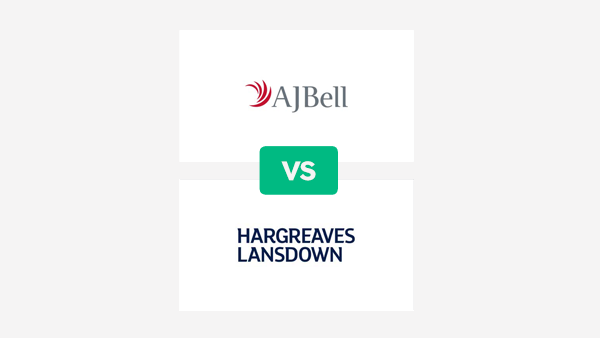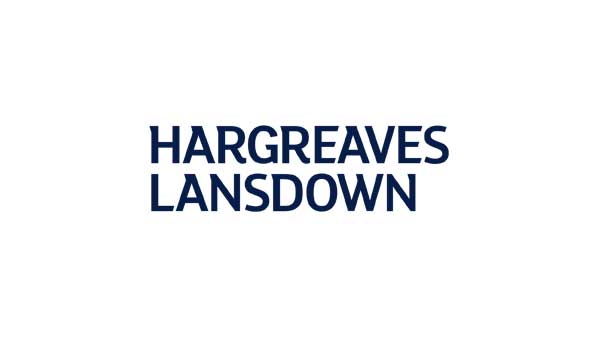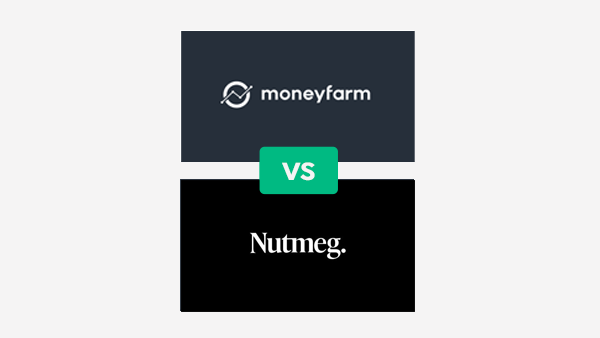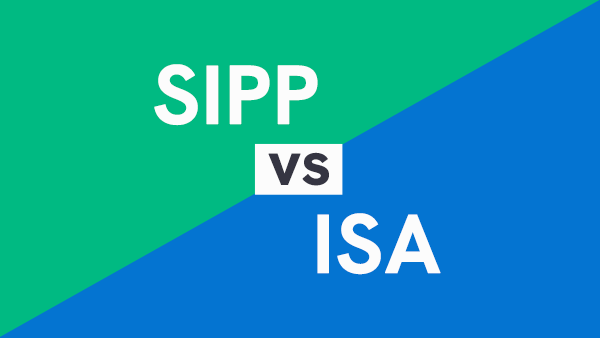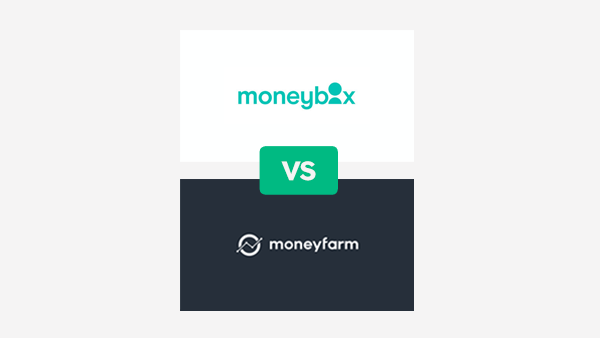Over the last year, there’s been a huge focus on making our money go further, especially as inflation continues to chip away at the real value of our cash.
One option for potentially achieving better returns than a top savings account is investing in stocks and shares, although this can be risky.
If you’re considering DIY investing, you’re not alone.
In the first quarter of this year, there were over 9.8 million DIY investor accounts in the UK, and more than two million were with a robo-adviser, according to data from Boring Money.
While DIY investing is growing in popularity, it’s not for everyone. We’ll explore how DIY investing works, how it compares to getting financial planning help from a financial adviser, and the pros and cons.
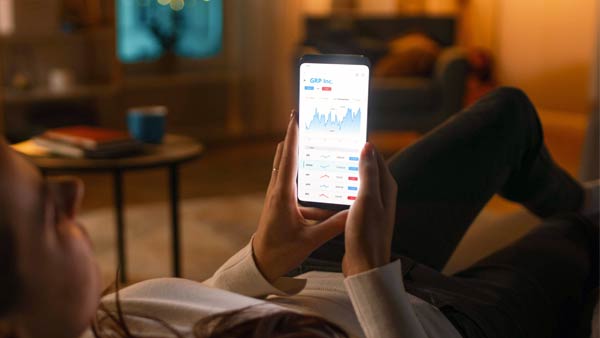
What is DIY investing?
Simply put, DIY investing is when you build and manage your own investment portfolio. So, you can choose your investment platform and what goes into your portfolio, such as shares, bonds, funds and other assets.
By investing, you can benefit from the profits of successful companies and the dividends they tend to pay out to shareholders, or you can tap into growing economies or booming sectors.
It’s vital that you do in-depth research into any potential investments and understand the risks, as well as remain emotionally detached. For example, it’s worth finding out whether shares in a company are under or overvalued, the potential headwinds, and avoid panic selling.
You should be prepared to invest for at least five years to ride out any market volatility and understand that you could gain – or lose – money.
If DIY investing sounds overwhelming, you can get support to help navigate this and other complex subjects, such as tax. Here’s where a financial adviser can come in handy.
What is a financial adviser?
A financial adviser is useful as they can advise you on the best course of action, whether you’re new to investing, planning for retirement, consolidating your pensions or want to review your finances.
One option is to look for a financial adviser via Unbiased, who can connect you to the right professional for your circumstances. The initial conversation is free, but if you want to proceed with advice, you’ll have to pay a fee.
They can help save you thousands in the long run by recommending pension schemes with lower fees or the right investment product for your needs.
An adviser can also regularly review your finances, pensions or investments and recommend any changes so you can save a lot of time and admin.
What are the pros and cons of DIY investing?
One of the most appealing aspects of DIY investing is that you control where your money is invested, the fees you’ll pay and have full transparency over your portfolio and returns.
So, if you understand your risk appetite, investment objectives and the potential pitfalls and want to avoid paying for professional advice, which can be pricey, this option may be for you.
But there are many downsides to being a DIY investor.
Firstly, it can be a risky endeavour as you’ll be relying on your own research and insight to make decisions, while a financial adviser can help provide a second, objective opinion and assessment.
DIY investing can also be time-intensive as you’ll have to do your own research and build and manage your portfolio. It’s a good idea to use reputable sources for investment research and avoid social media for advice, as well as complex investments.
If you’re investing solo, you may miss out on investment products a financial adviser can offer access to, and you can lose money if you make the wrong decisions.
You’ll have to also keep on top of the latest news regarding tax and regulation and make sure you adjust your investment strategy if needed.
What are the pros and cons of using a financial adviser?
Financial advisers can be useful when managing your investment portfolio as they can help you build and manage it, as well as mitigate any risks.
They can also help you avoid costly mistakes when investing and navigate any changes surrounding regulation and tax, as well as recommend ways to minimise your bill legally.
If you have any goals, you want to achieve, a financial adviser can recommend the best investment strategy for you and can check in with you regularly, saving you time and admin.
However, financial advice comes at a cost, as you’ll either pay a flat fee or an hourly fee – unless you want your adviser to manage your investment portfolio. With the latter, they will charge a percentage of your portfolio’s value. So, if the value of your investments grows, your fee will rise.
Considering getting advice? You can find an independent financial adviser via Unbiased, who can help you reach your money goals based on your circumstances and recommend the best financial product for you.
Articles on the wiseabout.money website may contain affiliate links. If you click these links, we may receive compensation. This has no impact on our editorial and any money earned helps us to continue to provide the useful information on our site.

